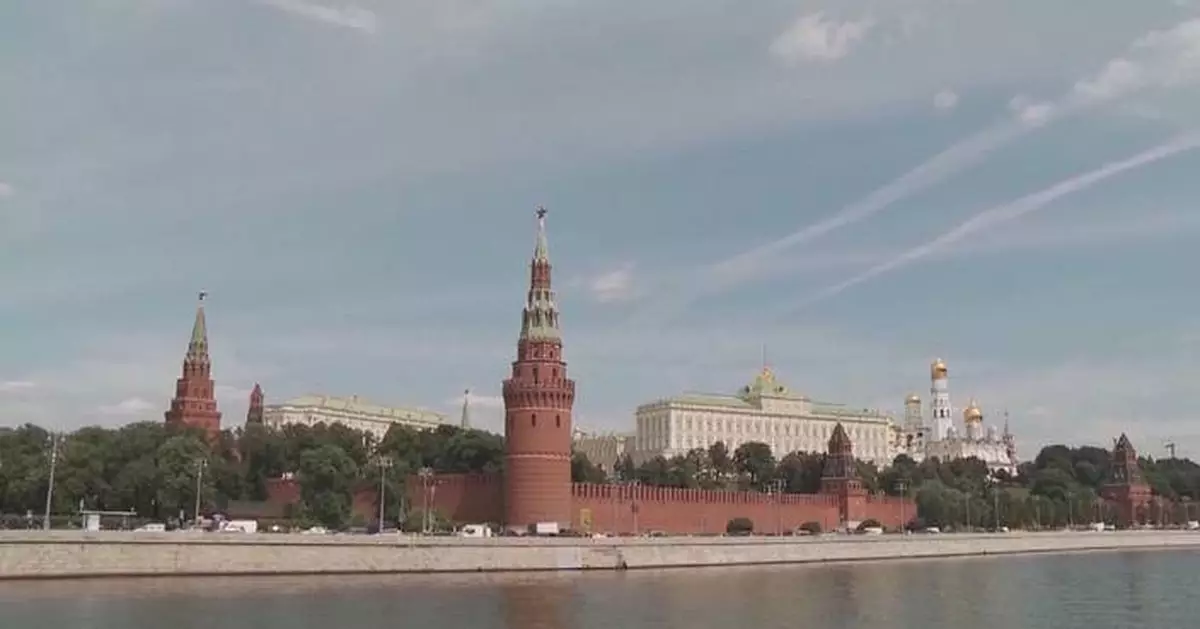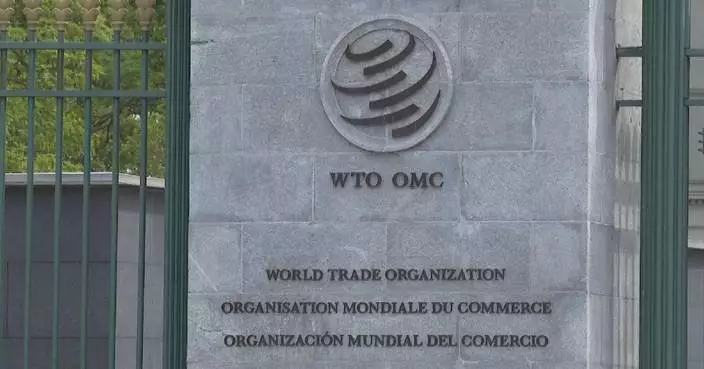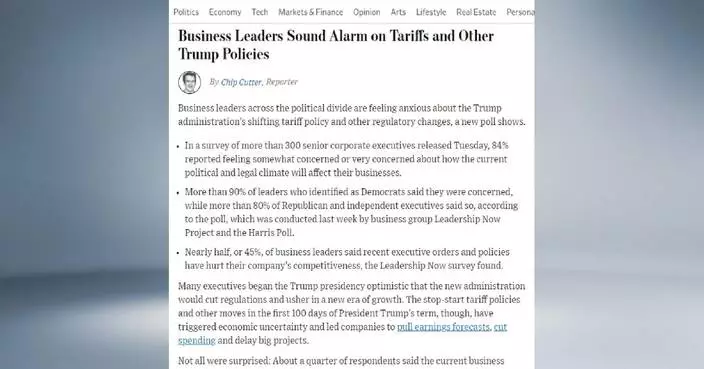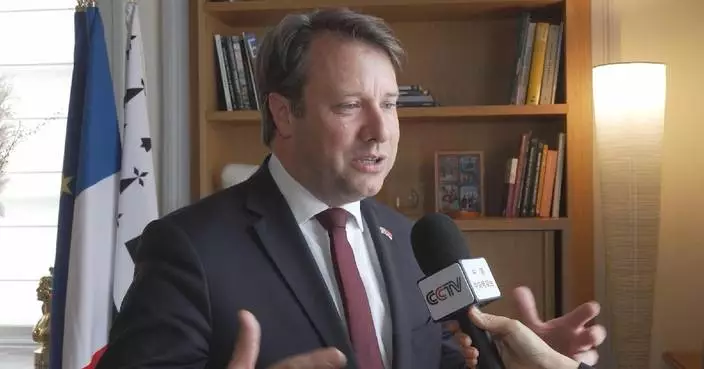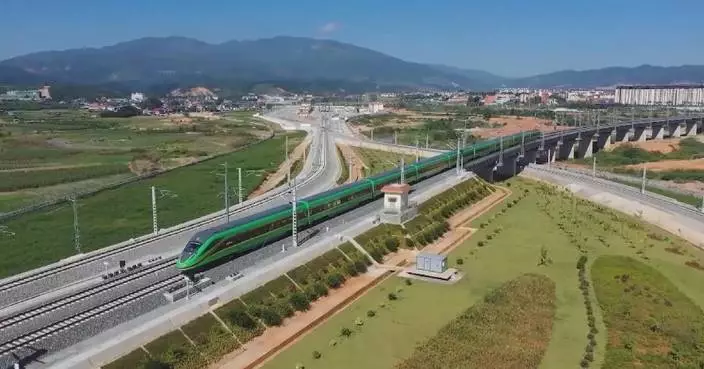President Vladimir Putin said Russia is open to any peace initiatives and called on Ukraine to show the same willingness on Monday.
The Russian president said Russia is "always positive about a ceasefire" when answering a question about the Easter truce from the media, according to a post on the Kremlin website.
The truce, which lasted for 30 hours from 18:00 Moscow time (1500 GMT) on Saturday to 00:00 on Monday (2100 GMT on Sunday), was announced by Putin during a meeting with Russian Chief of the General Staff, Army General Valery Gerasimov. Russia and Ukraine have accused each other of violating the now-expired Easter truce.
"We have always said that we treat any peace initiative positively. We hope that the representatives of the Kiev regime will treat this the same way," Putin said to the press.
The Russian president in the meantime noted that Ukraine is now "trying to steal the thunder and start talking about expanding the framework both in terms of time and targets," adding that Russia will first "think and carefully evaluate everything and see the results."
Ukrainian President Volodymyr Zelensky called for extending the ceasefire on Saturday, saying 30 hours are not enough for "real confidence-building measures."
Ukraine maintains its proposal not to strike at the very least civilian targets, Zelensky said Monday, noting that Ukraine is ready for "any conversation" and expects a clear response from Moscow.
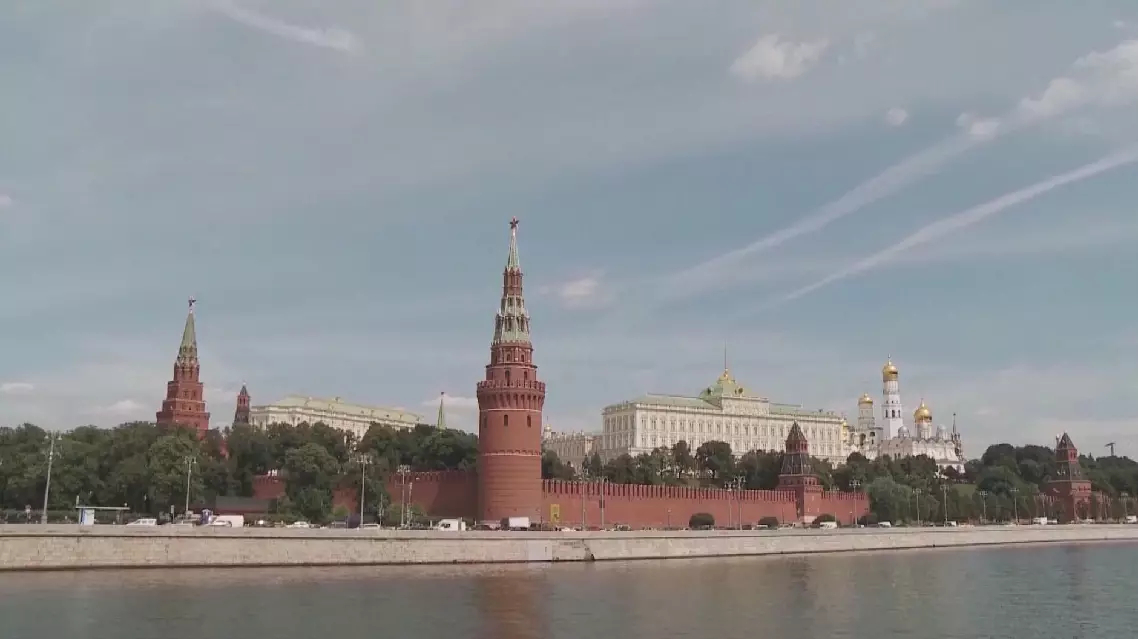
Putin says Russia "always positive about a ceasefire"
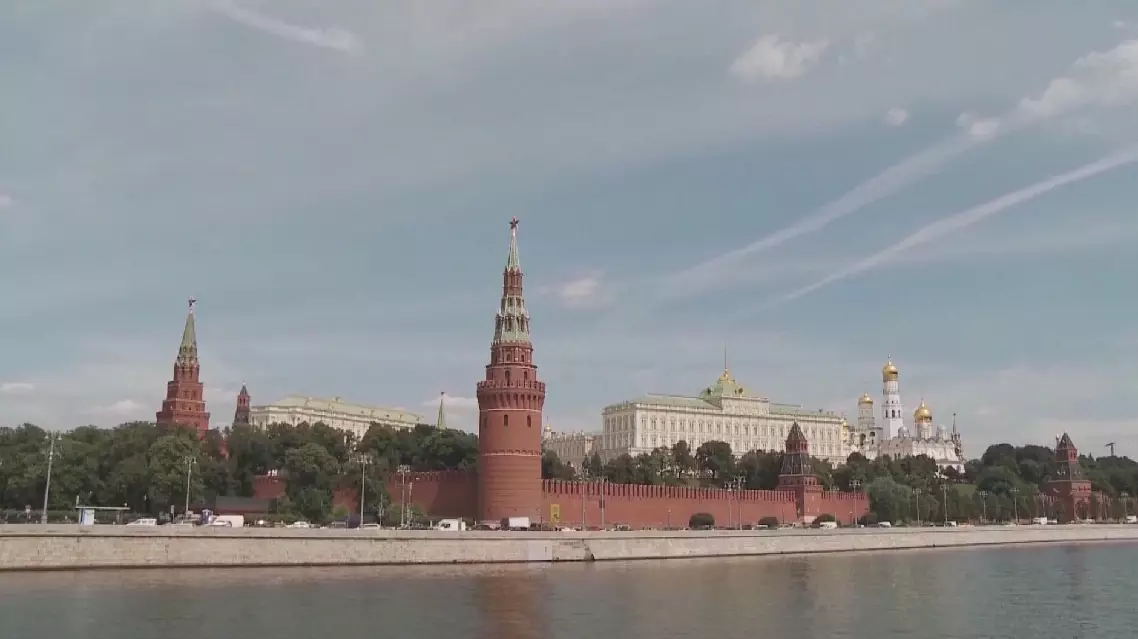
Putin says Russia "always positive about a ceasefire"
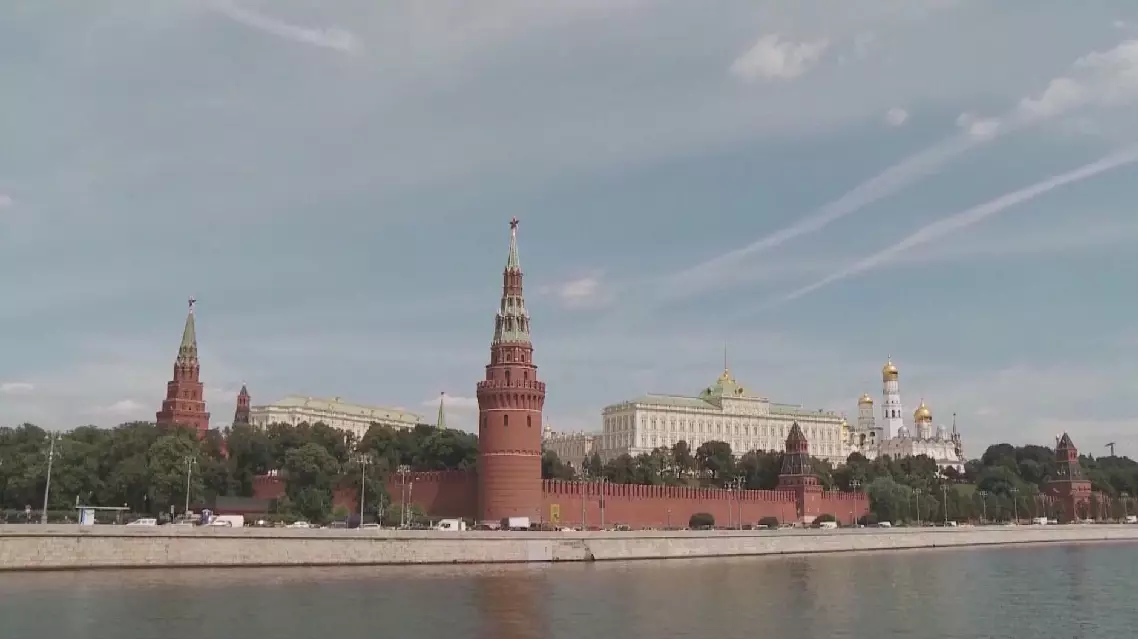
Putin says Russia "always positive about a ceasefire"
China's first law on promoting the private economy, which was passed on Wednesday, aims to empower private firms to take a leading role in advancing the nation's scientific and technological innovations, according to lawmakers.
The Private Economy Promotion Law, which will take effect on May 20, 2025, clarifies the status of private sector as a major component and promoter of the Chinese economy, and highlights its contribution to scientific and technological development.
"(The law) makes it clear to support capable private enterprises to take the lead in undertaking major national research and development projects, and provide them with access to major national scientific research infrastructure. It also has provisions regarding providing services for their technological innovation, leveraging data empowerment, enhancing technological applications and cooperation, encouraging talent cultivation, and enhancing intellectual property protection," said Yang Heqing, head of the Economic Law Office of the Legislative Affairs Commission under National People's Congress Standing Committee.
In specific, the law stipulates that the government should ensure that public research and development platforms and common technology platforms remain open and accessible to all, and provide equal services to support scientific and technological innovations in private enterprises. The law also encourages all kinds of enterprises, higher education and research institutions, and vocational schools to work together in establishing innovative cooperation mechanisms to facilitate technological exchanges, the transfer and application of technological achievements, and promote the in-depth integration and cooperation among enterprises, universities and research institutions.
Furthermore, the law calls for strengthening the protection of the intellectual property rights of innovative achievements, implementing punitive compensation for intellectual property infringements, and punish violations of trademark, patent, copyright, and trade secrets, as well as counterfeiting and other illegal acts in accordance with the law.

New supportive law aims to empower private firms to take lead in technical innovation





